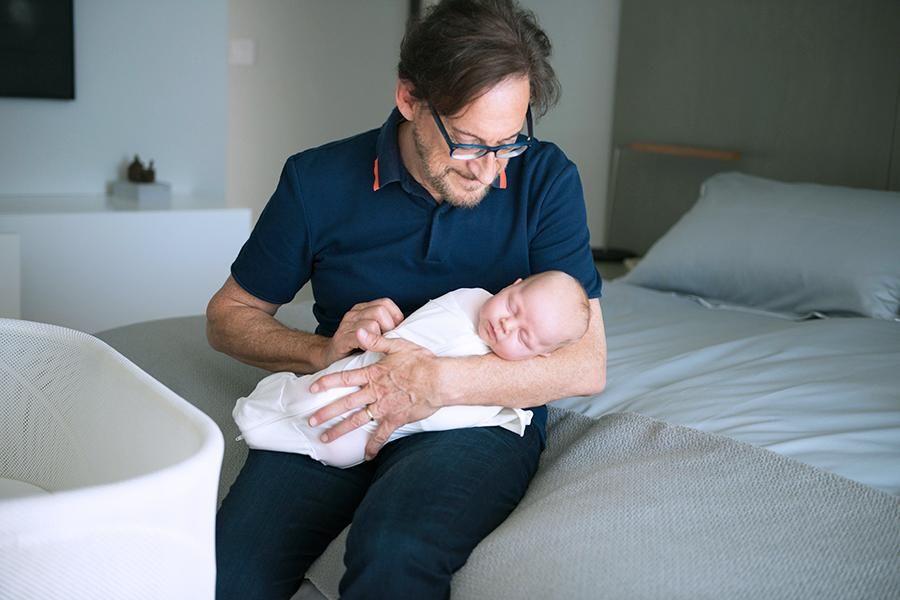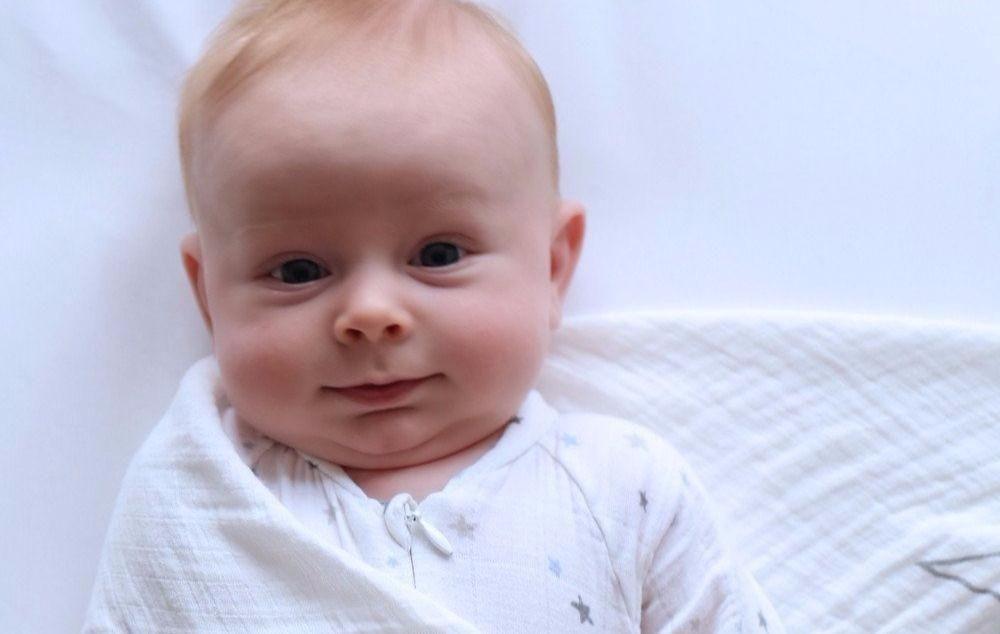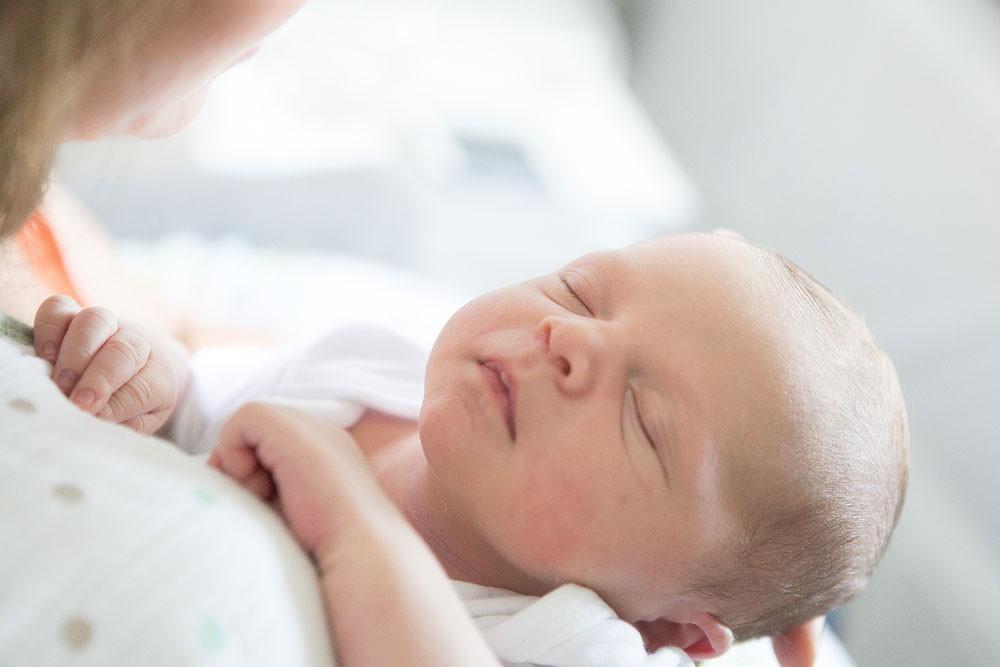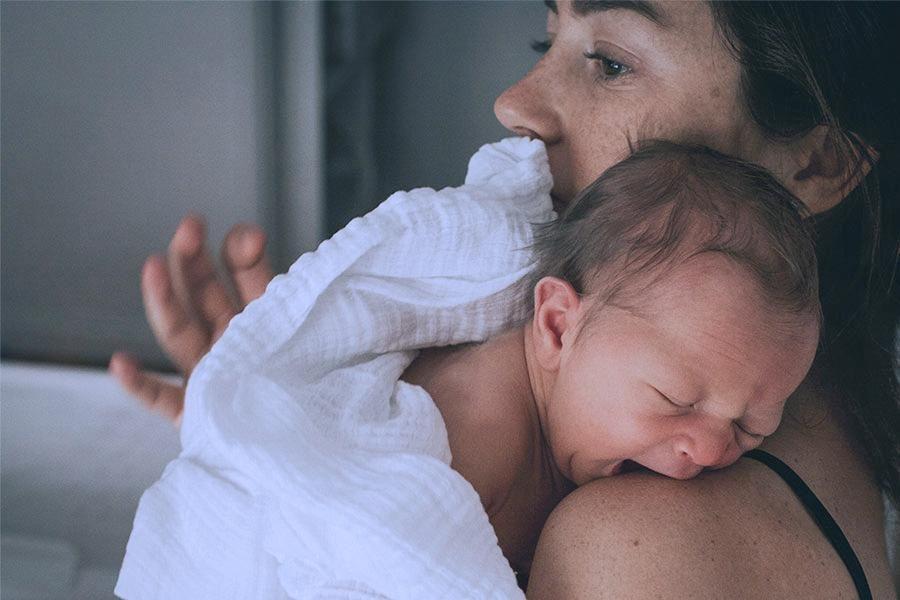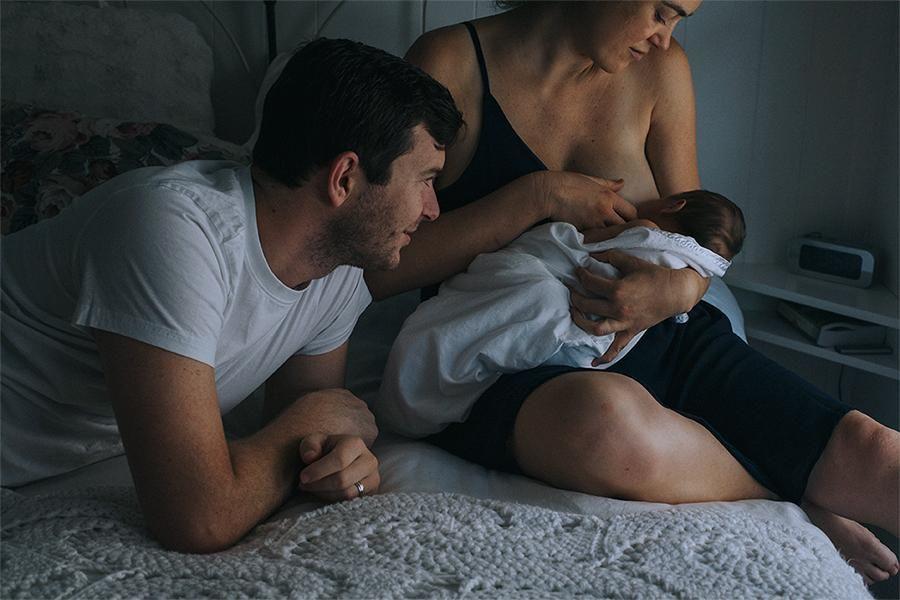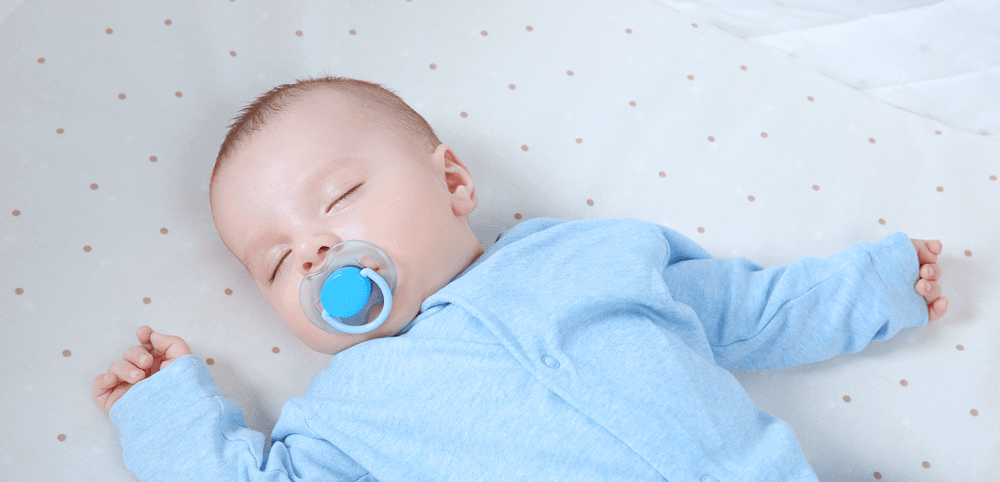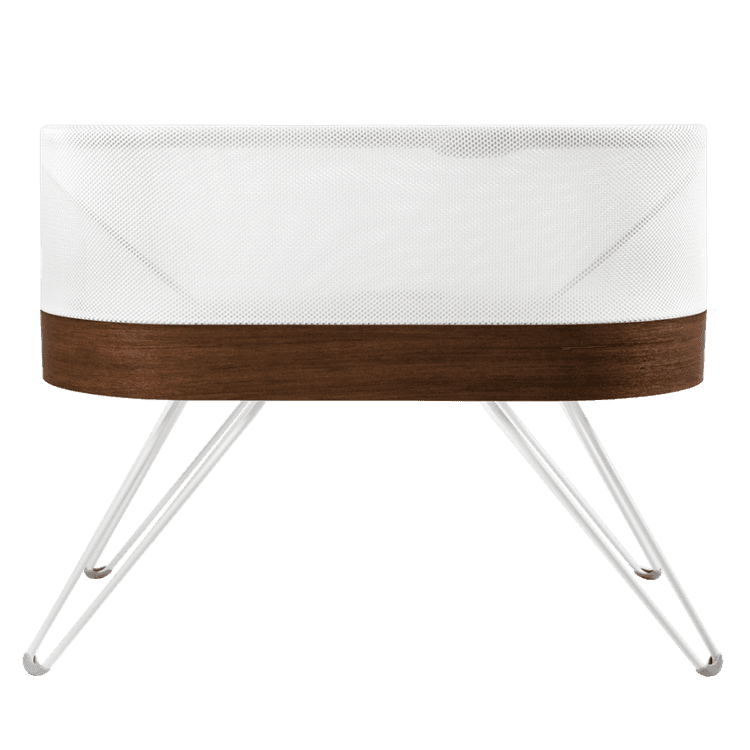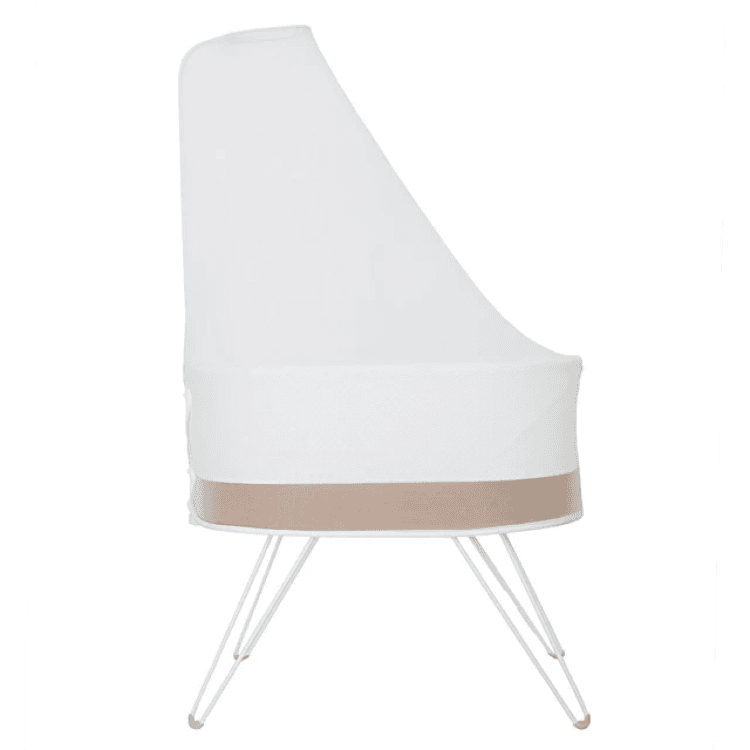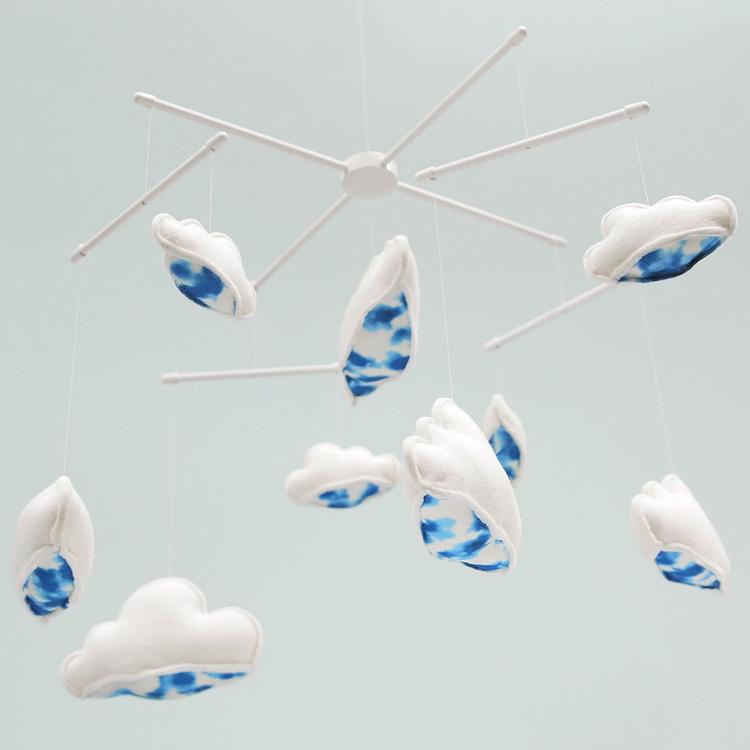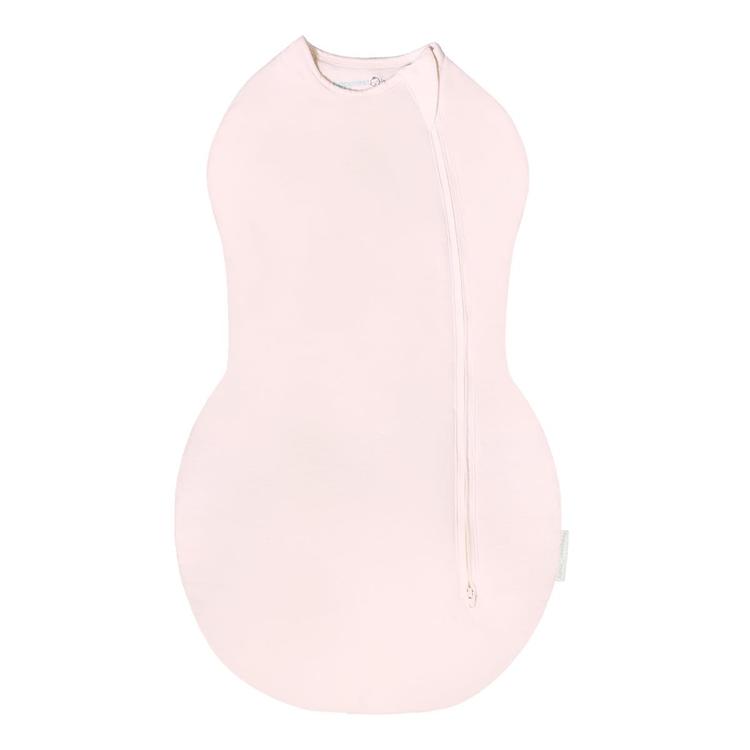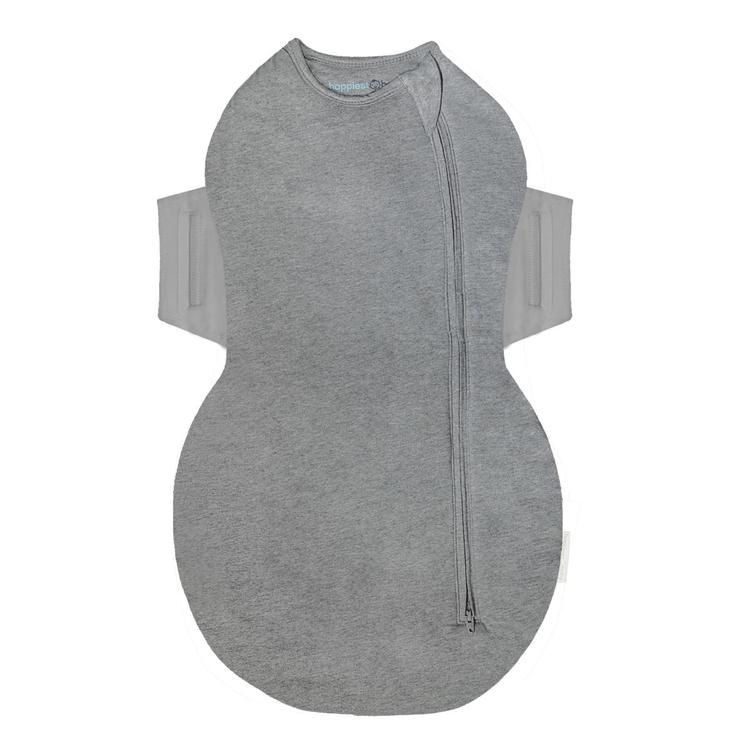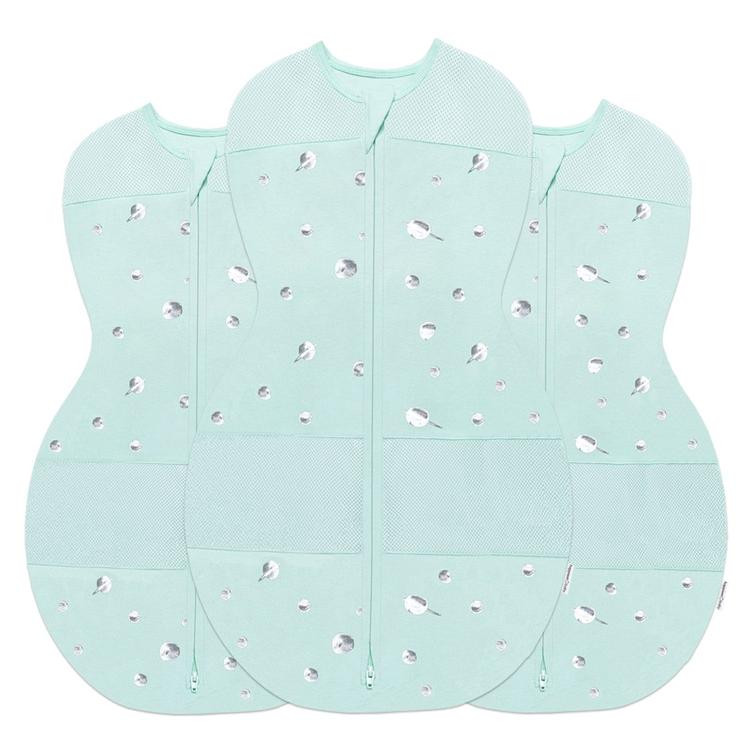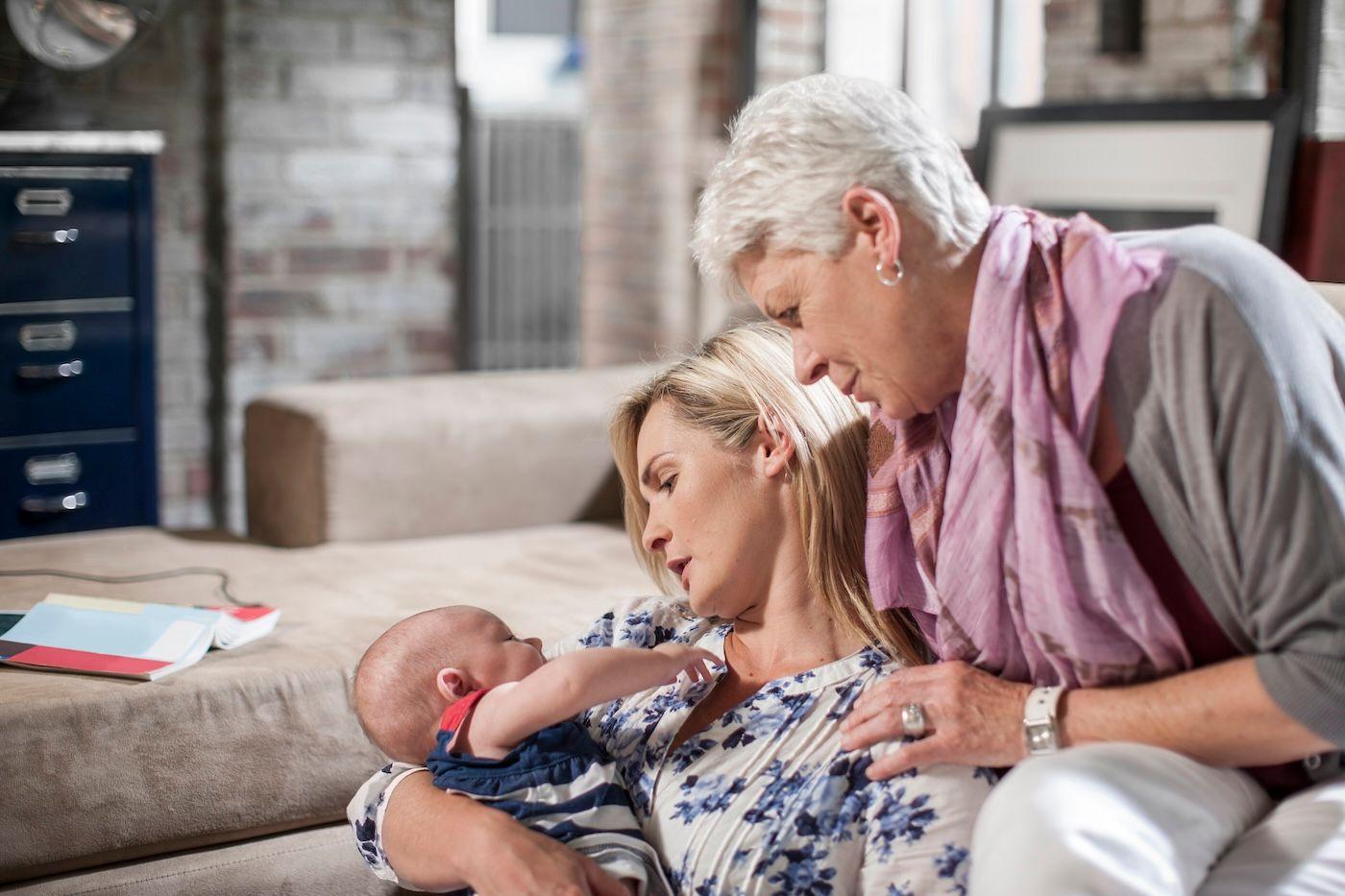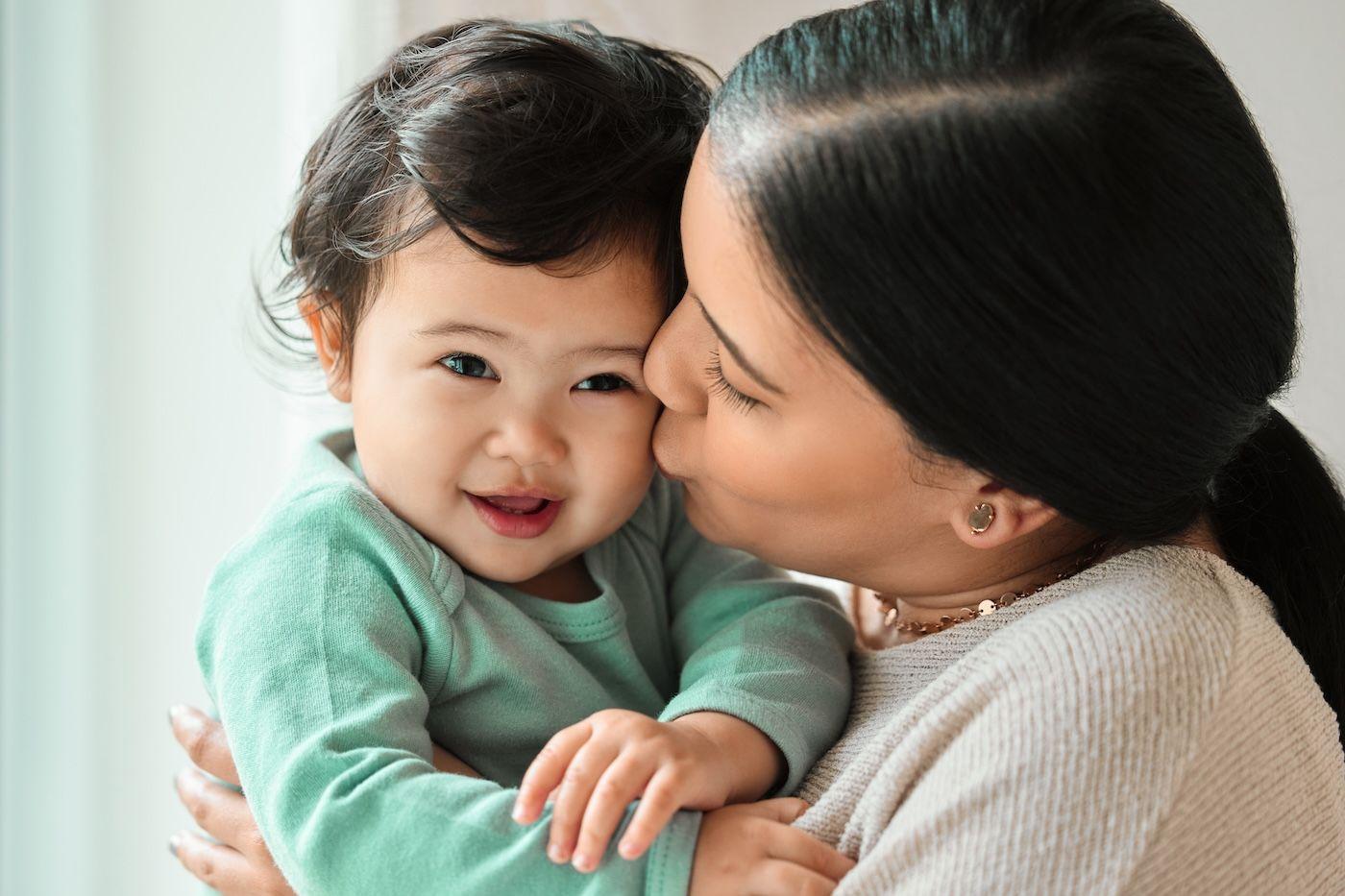PARENTS
It's True: Men Can Get Postpartum Depression, Too
About 1 in 7 women experience postpartum depression...but what about men?
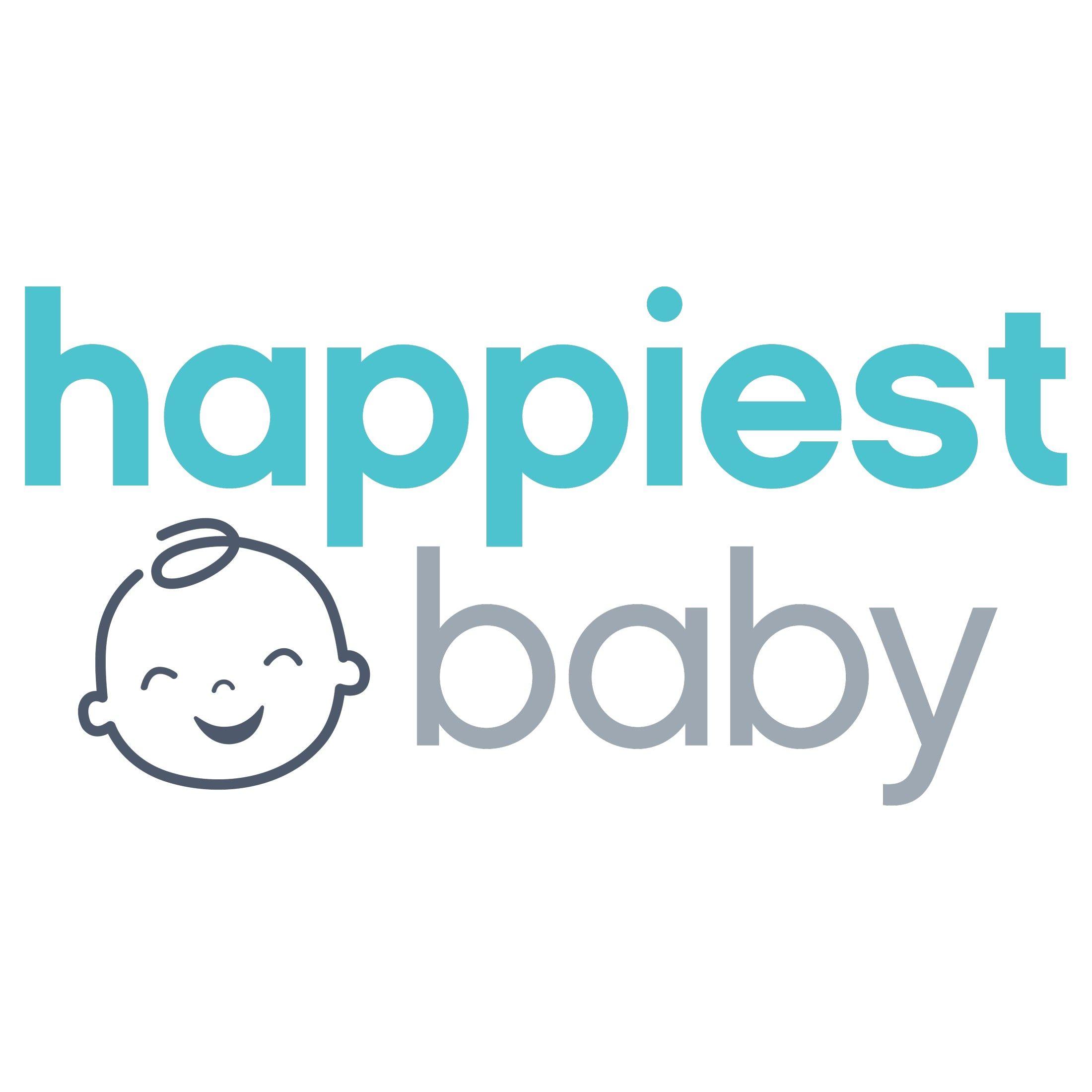
Written by
Happiest Baby Staff
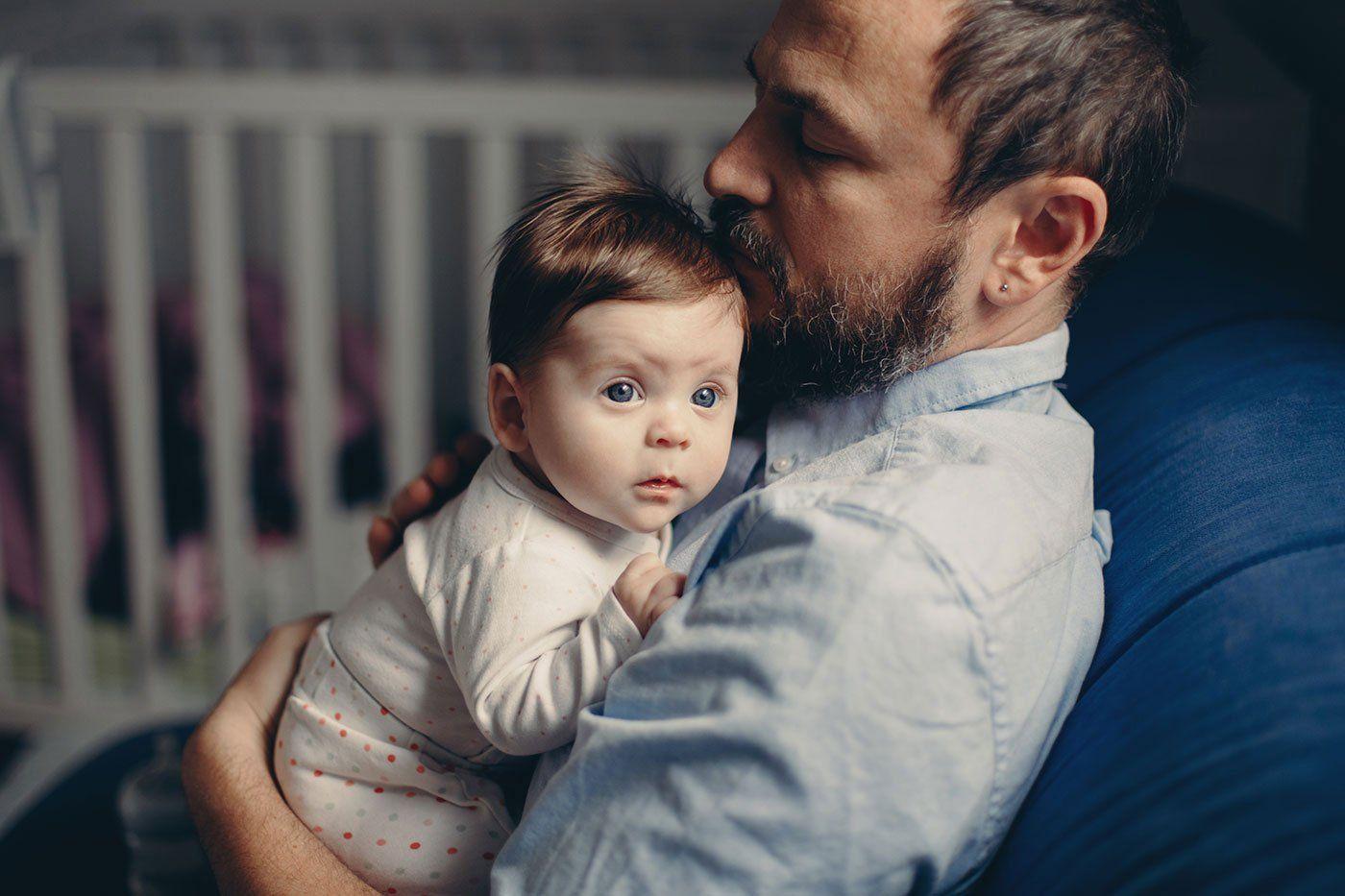
You may know some dads-to-be who put on a little extra 'baby weight' during their partner’s pregnancy. But, did you know that new dads can also suffer from postpartum depression?
The concept might seem a little farfetched, considering that PPD has been so closely associated with women. About 15% of mums suffer from PPD (and another 5% experience postpartum anxiety). PPD has mostly been associated with pregnancy, the pressures of breastfeeding and infant care, and big hormonal changes. So why would dads also be vulnerable to a postpartum mood crisis?
What is postpartum depression?
During pregnancy or after birth, almost half of new mums experience 'baby blues,' which is a problem characterized by mood swings, worries, and irritability. But, 1 in 6 go through a much more serious depression, known as postpartum depression.
Several pressures have been shown to have the power to push women into depression, including exhaustion, fussy babies, hormonal shifts, and a weak support system.
These new parents can sink into an abyss of profound sadness, severe dread, a sense of worthlessness and hopelessness, and lack of pleasure. In extreme cases, women may experience intrusive thoughts, panic attacks, and suicidal thoughts and actions.
PPD is so common that doctors recommend screening all women for it, before and after the delivery.
But, what about PPD in men?
What are signs of postpartum depression in men?
Like new mums, new dads can also suffer from feeling overwhelmed and very anxious. However, unlike in women, male PPD is marked by irritability, anger, resentment, and aggression. Men often try to escape their stress through drinking, working longer hours, or even violent outbursts. PPD in men is also more likely to be expressed as unexplained physical problems, like headaches or stomach pain.
A study in the journal Hormones and Behavior reported that a new father’s hormonal levels can also shift and that the men whose testosterone levels dropped were more likely to experience the symptoms of PPD.
While researchers point to hormonal imbalance as one cause of PPD in men, it is important to look at the whole picture. Dads today are often active parents, more heavily involved in their children’s lives than fathers in past generations. Yet, men also have much less family support than in past generations. With profound societal shifts have come added pressure and uncertainty on how to be a good dad. Are you doing enough? Does your baby love you? Is your partner happy? All this can lead to waves of insecurity, guilt, and the desire to escape.
Added to these stresses may be the responsibility to care for a partner overwhelmed by the transition to motherhood. These dads worry about taking attention away from their loved one who is struggling with PPD. No wonder men whose partners are depressed are twice as likely to develop postpartum depression, according to a 2004 study.
What to do if you are a dad with postpartum depression:
There is a pervasive idea that it is 'unmanly' to ask for help. And, that is especially true when it comes to asking for help with emotional problems. Men often need encouragement to keep the fear of seeming weak from becoming a self-imposed barrier against seeking guidance.
So, if you are a new dad, or know a new dad, who is concerned about postpartum stress, it is important to get him to reach out and open up.
Talk with your family and friends.
It is natural for new parents to think that they should only express happiness. New parents say that feeling anger, worry, or sadness can make them feel guilty and even severely defective. But rather than becoming more secretive, this is exactly the time that it is vital to confide in your partner or other trusted friends. Speaking feelings out loud helps bring clarity. And, it helps remind us that feelings we have when bone tired and stressed are not a reflection of who we are or a predictor of how we will feel once life gets a little easier.
Talk with your healthcare provider.
The next lines of support for dads feeling blindsided by mood shifts are personal doctors, religious counselors, and the baby’s paediatrician. All three should have experience speaking with other men going through similar situations. And, they should all be capable of making a referral to a mental health professional, if that is needed.
Get some practical support.
Parenthood is hard! All parents need a little help…and when you have a new baby, it is time for your circle of support to step in. That is exactly why people say 'It takes a village' to raise a child. So, please, do not hesitate to ask your friends and family for support: perhaps a pot of soup or casserole that can last a few days or an afternoon of babysitting while you get some sleep. In fact, reaching out for help—and repaying the favour once your life gets more normal—is the best way to enrich your relationships and create even stronger bonds.
Across the world, we have seen a very encouraging increase in sensitivity and support of new mums dealing with postpartum stress. Hopefully, as awareness grows that men, too, can fall into the black pit of PPD, we will begin to give them the help they need and deserve to fully enjoy this truly magical time of life.
If you are feeling any of these symptoms and are wondering if you may have postpartum depression, take this free quiz or consider some of these mental health resources for new parents.
Disclaimer: The information on our site is NOT medical advice for any specific person or condition. It is only meant as general information. If you have any medical questions and concerns about your child or yourself, please contact your health provider. Breastmilk is the best source of nutrition for babies. It is important that, in preparation for and during breastfeeding, mothers eat a healthy, balanced diet. Combined breast- and bottle-feeding in the first weeks of life may reduce the supply of a mother's breastmilk and reversing the decision not to breastfeed is difficult. If you do decide to use infant formula, you should follow instructions carefully.
SHARE THIS ARTICLE
PARENT PICKS
Bestsellers
